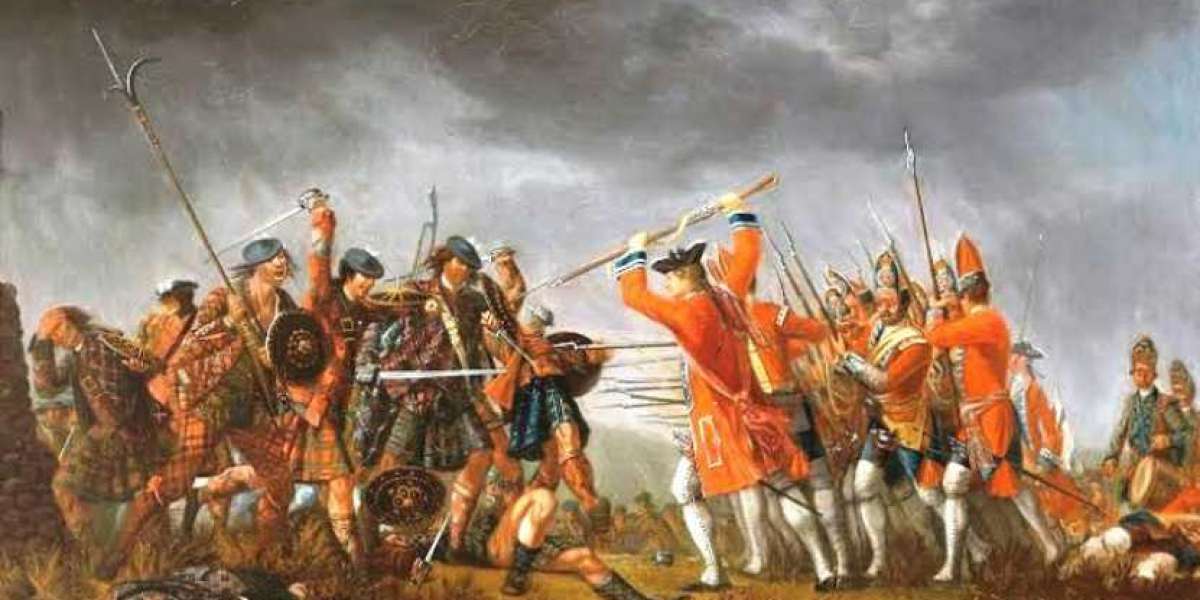The partition of India in 1947 marked a defining moment in the country's history, as it led to the creation of two separate states: India and Pakistan. This event had far-reaching consequences, causing widespread violence and displacement of millions of people. It's a dark chapter in India's history that still echoes today. So, what were the reasons for the partition of India?
Historical Reasons for Partition of India
The historical roots of the partition of India can be traced back to British rule over the subcontinent. The British pursued a policy of divide and rule, pitting different communities against each other to maintain control. This included the creation of separate electorates for Hindus and Muslims, which intensified religious tensions.
Another factor that contributed to the partition was the rise of Indian nationalism. As India moved closer to independence, leaders of the Indian National Congress, who were mainly Hindu, and the Muslim League, who represented India's Muslim community, became increasingly polarized in their visions for the future of the country.
Political Reasons for Partition of India
As the British government made preparations for transferring power to the Indians, the question of how the country would be divided became a major political issue. The Muslim League, led by Muhammad Ali Jinnah, demanded a separate state for Muslims, arguing that Hindus and Muslims were two separate nations and that it would be impossible for them to live together under a single government.
On the other hand, the Indian National Congress, led by Jawaharlal Nehru, argued for a secular and united India, with equal rights for all citizens regardless of religion. However, Congress was unable to find a solution that satisfied both Hindus and Muslims, leading to the partition of the country.
Economic Reasons for Partition of India
In addition to the political and historical factors, there were also economic reasons for the partition of India. The Muslim-majority regions of the northwest and northeast were economically backward compared to Hindu-majority regions in the rest of the country. The Muslim League feared that a united India would lead to their economic marginalization.
Religious Tensions and Riots
The partition of India was also fueled by religious tensions and riots between Hindus and Muslims. The most significant of these was the massacre in the city of Calcutta in 1946, which claimed the lives of thousands of people and worsened the already tense relations between the two communities.
The Partition Plan
In the end, the British government proposed the partition plan, which divided the country into two separate states along religious lines. The plan was accepted by Congress and the Muslim League, and India was officially divided into the secular state of India and the Islamic state of Pakistan on August 15, 1947.
The Aftermath of Partition
The partition of India had devastating consequences, causing widespread violence and displacement of millions of people. It's estimated that between 200,000 and 2 million people were killed in the communal violence that followed, and millions more were forced to flee their homes. The partition also resulted in the mass migration of Hindus and Muslims across the newly created border, leading to further conflict and loss of life.
Conclusion
The partition of India was a complex and deeply rooted event, with a range of historical, political, economic, and religious factors contributing to its occurrence. Despite its devastating consequences, it remains a defining moment in India's history, serving as a reminder of the fragility of inter-communal relations and the importance of seeking common ground














